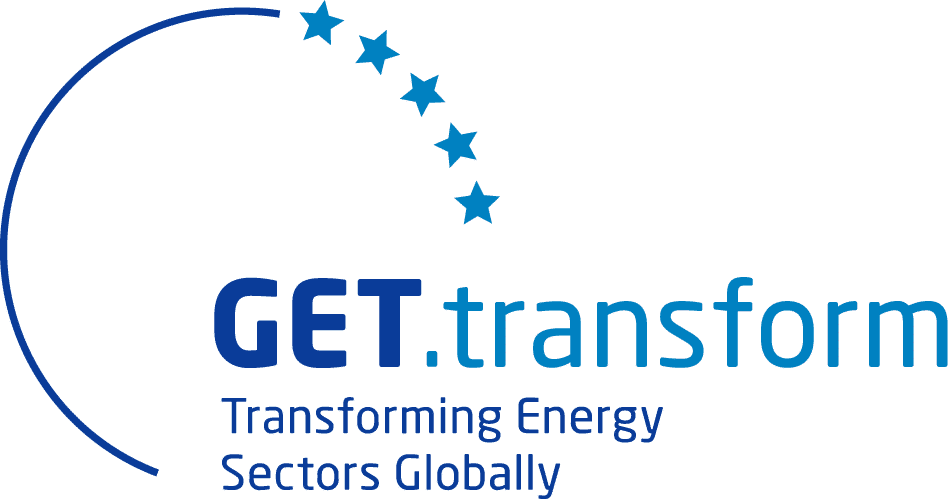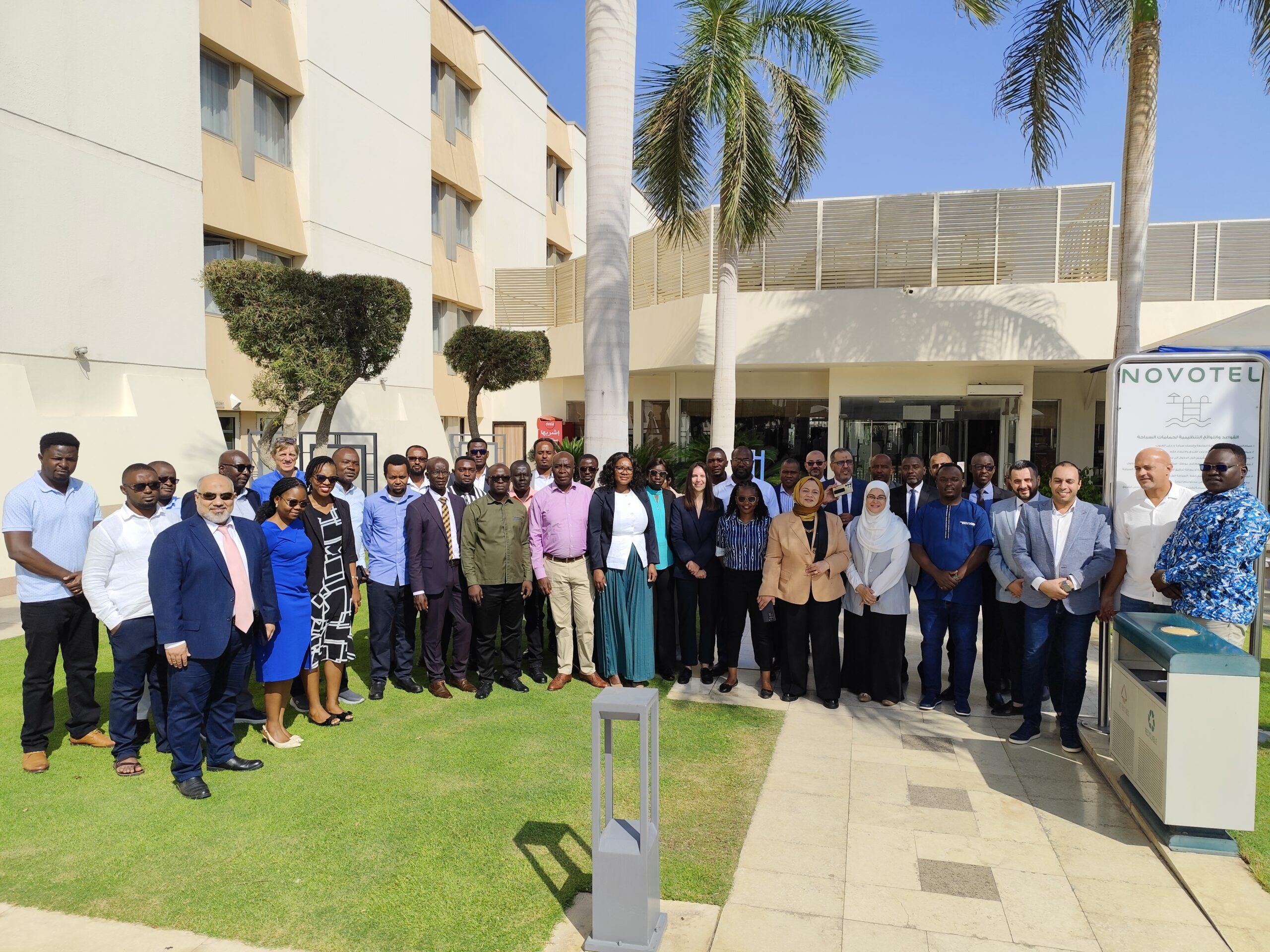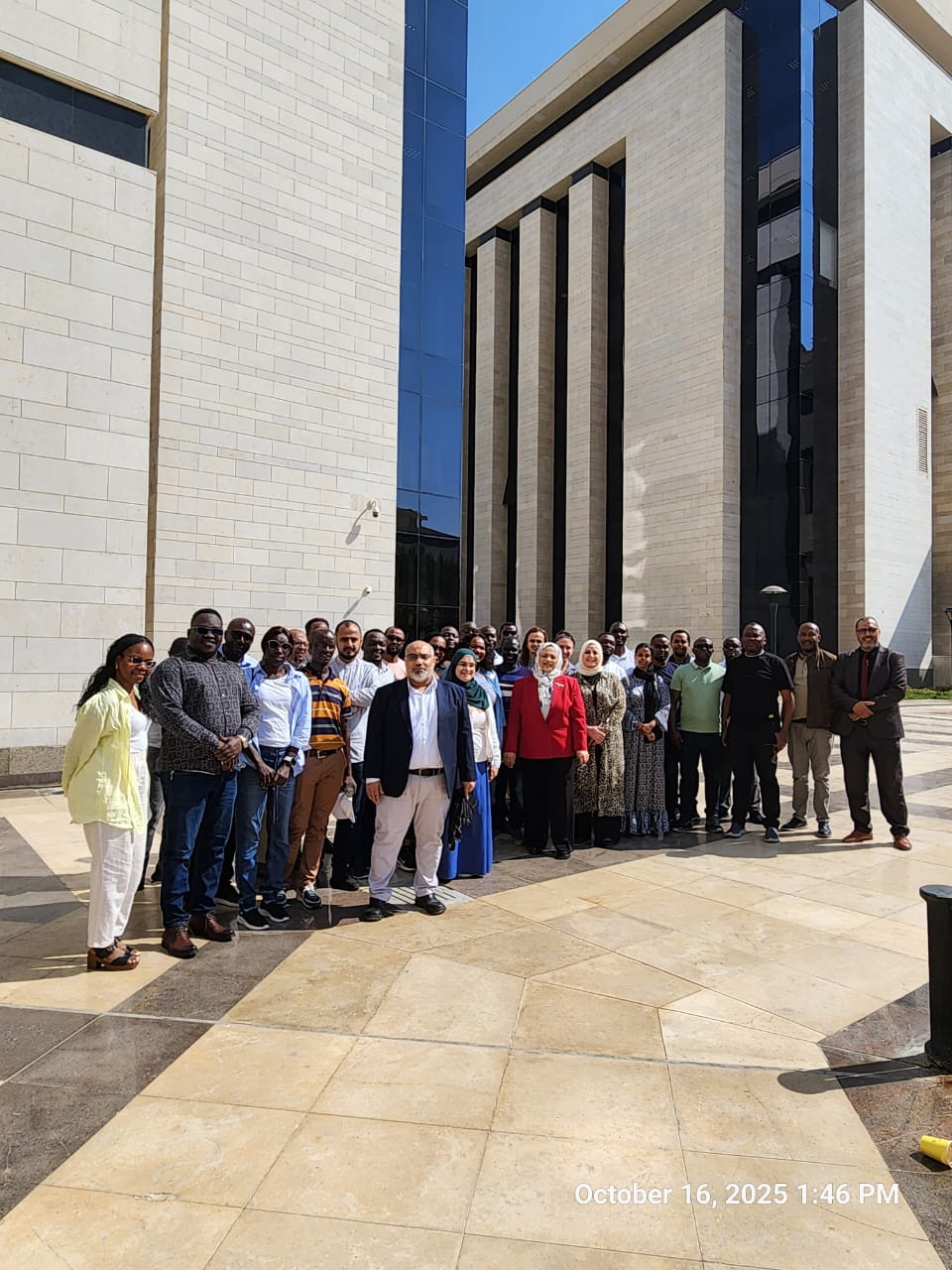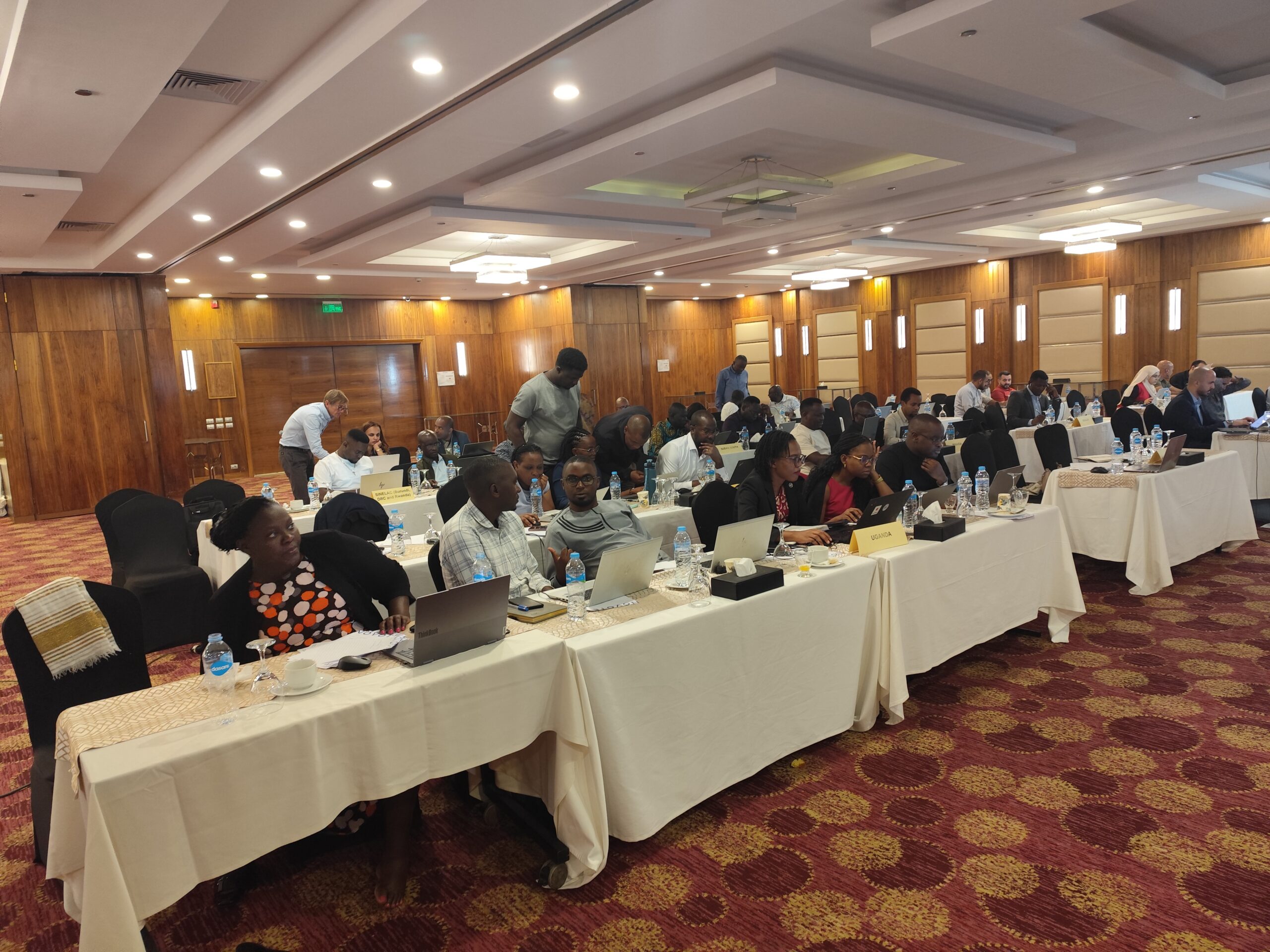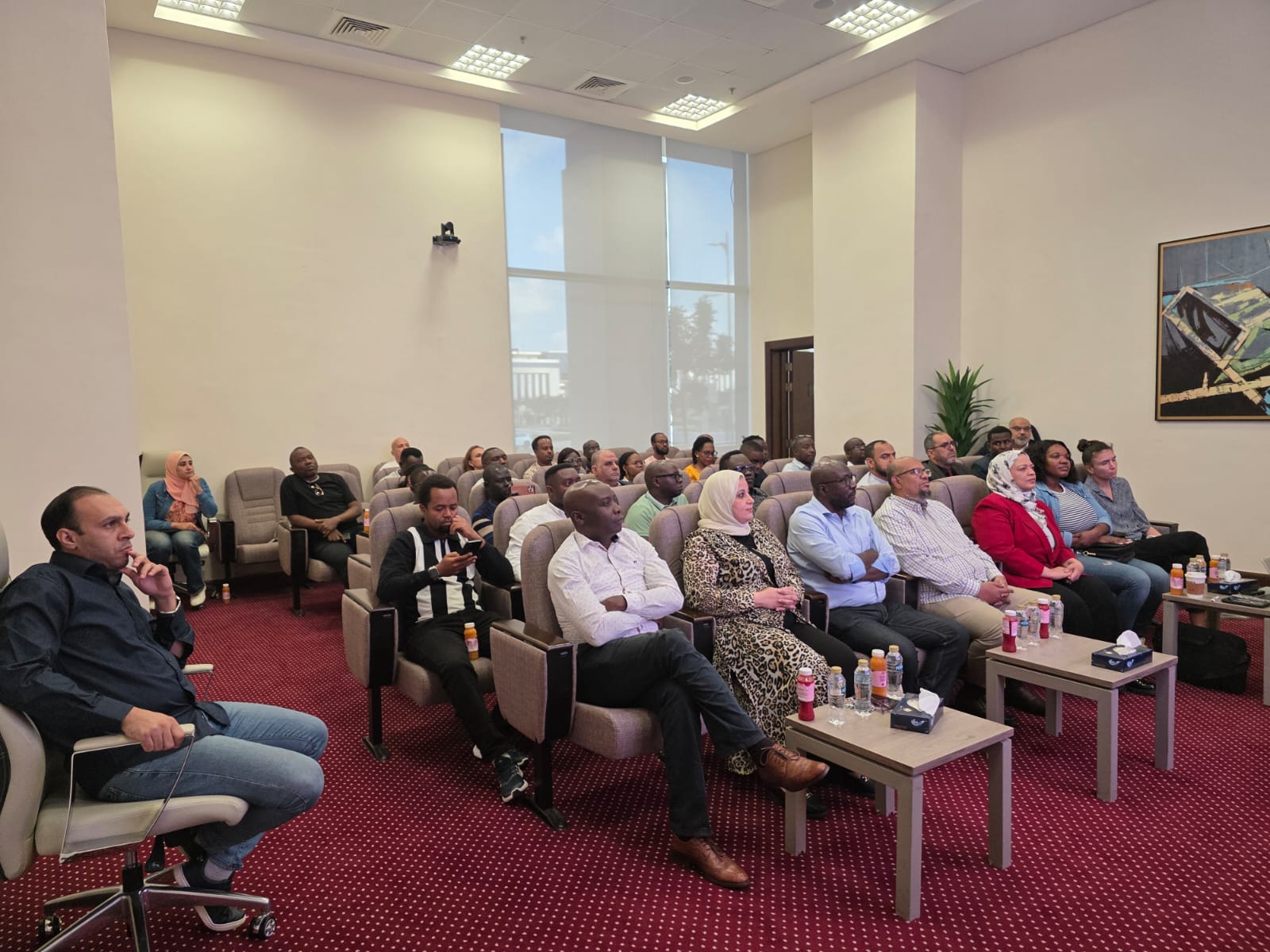The Eastern Africa Power Pool (EAPP) has taken another critical step towards a unified regional energy future. Following the successful foundational work of the session in Uganda, a fourth technical workshop under the Eastern Africa Regional Model Analysis & Planning Support Programme was successfully delivered mid-October in Cairo, Egypt.
The workshop convened national energy planning teams from EAPP member utilities and governments building on the momentum that previously gathered over 30 experts from across the region.
The primary objective was to transition from base model creation to the development of robust, coordinated power systems. Specifically, the teams focused on refining national reference scenarios, developing plausible alternative scenarios, and, crucially, initiating the integration of national models into a cohesive regional planning framework.
The Ministry of Electricity and Renewable Energy of Egypt hosted the event which was co–organised by the EAPP, and supported by the African Union Development Agency- (AUDA-NEPAD), GET.transform, the World Bank, and the Islamic Development Bank (IsDB). Experts from IRENA, IAEA, and AUDA-NEPAD, shared best practice insights and guided participants through the intricate System Planning Test (SPLAT)-MESSAGE Framework.
The Framework has been endorsed as the official planning tool for the development of the African Continental Power Systems Master Plan (CMP), an initiative led by AUDA-NEPAD and supported by IRENA as official modelling partner.
Highlights included key addresses by officials from the Egyptian Electricity Holding Company (EEHC). Dr. Eng. Dalal H. Helmi, Head of the Electricity Market and Cross-Border Interconnection Sector, opened the workshop, emphasising the paramount importance of capacity building for regionally aligned decision-making.
This was followed by a high-level dialogue led by EEHC Vice Chairman, Dr. Eng. Akram Ibrahim Aly, who provided strategic insights on generation and transmission planning, lessons learned, and project implementation.
Strategic discussions on the final day centred on harmonising national scenarios within the broader CMP. Furthermore, GET.transform reinforced its commitment through the ENGAGE programme , which supports the EAPP in strengthening energy planning complementarity and accelerating investment-grade planning for priority interconnection projects.
The key takeaway is clear: Africa’s energy transition demands a unified, data-driven institutional approach. By advancing their technical expertise and aligning national policy with regional master plans, Eastern African nations are laying the foundation for an integrated, reliable, and just energy future.
